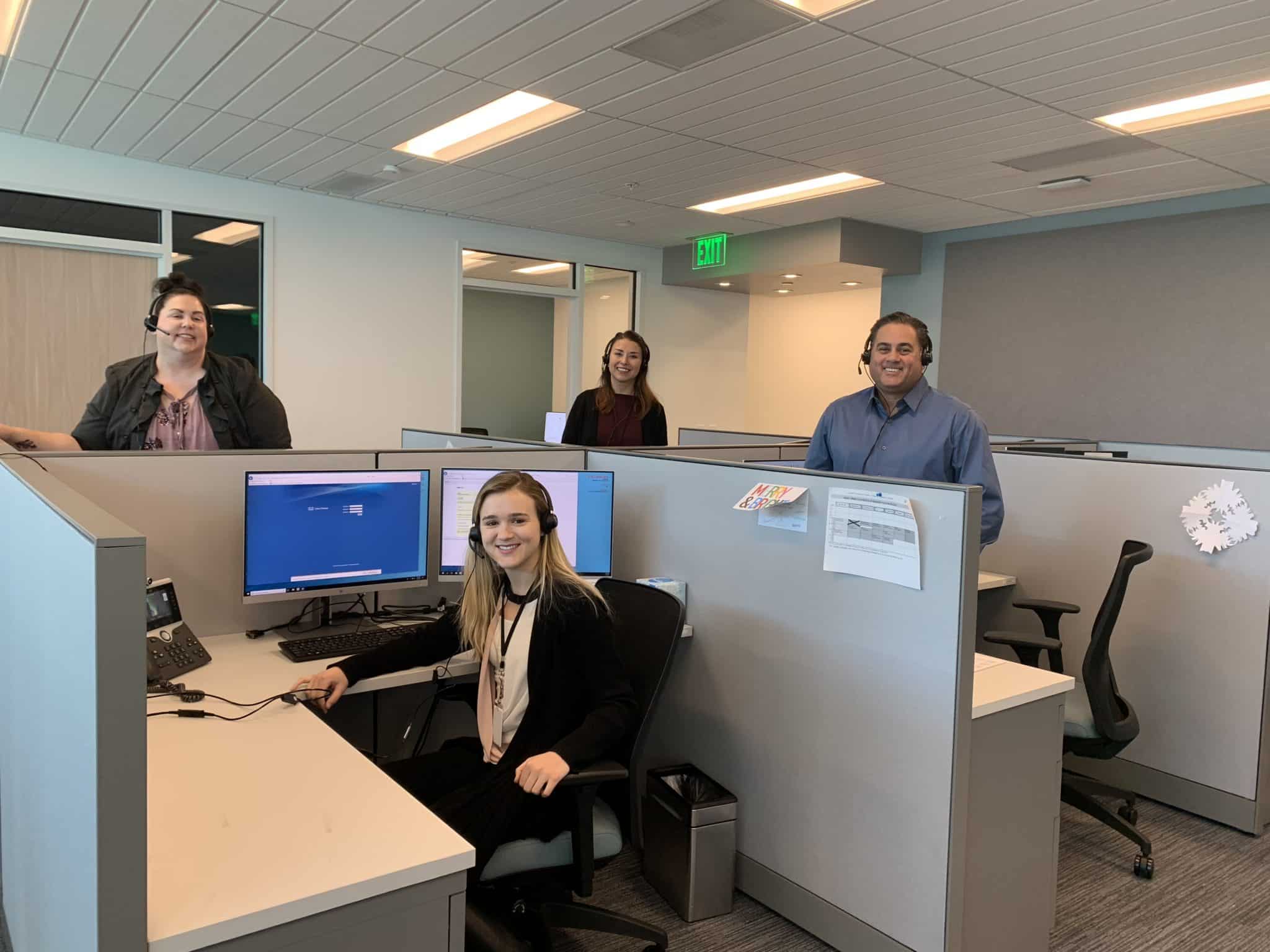
Dr. Lorna M. Breen, an emergency room doctor in New York who had been treating COVID-19 patients, died by suicide on April 26. While there has been a lot of discussion around the enormous stress and feelings of fear that have been brought on by the pandemic, Dr. Breen’s death has shone an even stronger light on those who are dealing with thoughts of suicide and self-harm.
Here, in Los Angeles, Carolyn Levitan, the crisis line director at Didi Hirsch Mental Health Services’ Suicide Prevention Center, can attest to that. She told the Journal since the outbreak of the coronavirus, she has seen an increase in the number of calls from people seeking emotional support.
Levitan said of her organization’s 70 staff members and 215 volunteers, “We’re anticipating an increase in calls as these consequences are felt for a longer period of time.” She added that over the past few weeks, Didi Hirsch has fielded 1,800 COVID-related calls. Of those, 43% have been about anxiety or stress related to health concerns, job loss, evictions, purchasing food and relationship problems.
Callers have included first responders and hospital workers, the elderly and stressed-out parents, she said. “I can’t think of one group it hasn’t impacted, honestly,” Levitan said, including Did Hirsch’s own staff and volunteers. Prior to the virus outbreak, employees and volunteers took calls out of one of Didi Hirsch’s several locations across the city and had each other to lean on after a particularly difficult phone call.
Now working remotely, taking calls from their own homes, Didi Hirsch staff and volunteers are missing the support they once had from each other, Levitan said.
The organization has tried to tackle this challenge by holding virtual gatherings for the team along with other online social activities.
“For everyone to be spread out and in their own homes is unique for us, and it’s harder to get support,” Levitan said. “There are things we can do to maintain community and belonging among our staff and volunteers and we’ve had to think outside the box.”
While Didi Hirsch is not an explicitly Jewish organization, Chabad, the Jewish outreach organization, participated in a suicide prevention training with the organization a couple of months ago.
“Chabad is recognizing suicide is an issue all people deal with, no matter what group you are part of,” Levitan said. “They are starting to address that and provide support to people in their community.”
Didi Hirsch is currently seeking new volunteers. You must be over 21, willing to make a commitment to the work, have a capacity for empathy and do not associate any stigma with mental health issues. More information is available at didihirsch.org.
Crisis counselors are available 24-hours-a-day, seven days a week at (800) 273-8255.






















 More news and opinions than at a Shabbat dinner, right in your inbox.
More news and opinions than at a Shabbat dinner, right in your inbox.